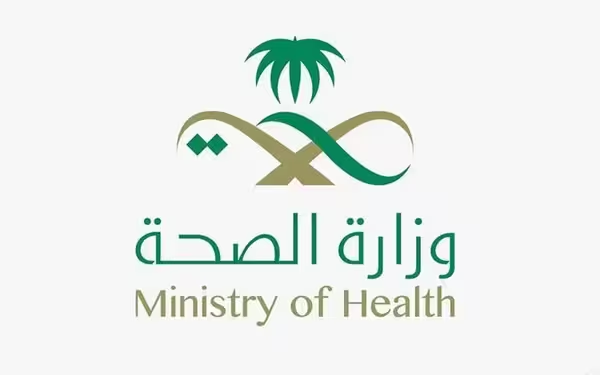Saturday, November 16, 2024 07:49 PM
Saudi Arabia Healthcare Workers Face Legal Action for Social Media Misconduct
- Healthcare workers face legal action for social media violations.
- Inappropriate content shared by practitioners undermines patient trust.
- Strict penalties enforced under Cybercrime Law for offenders.
 Image Credits: arabnewspk
Image Credits: arabnewspkSaudi Arabia's Ministry of Health takes legal action against healthcare workers for social media misconduct, emphasizing patient dignity and professional ethics.
In recent times, the use of social media has become a double-edged sword, especially for professionals in sensitive fields like healthcare. In Saudi Arabia, the Ministry of Health has taken a firm stand against healthcare workers who have misused social media platforms. This action highlights the importance of maintaining professional ethics and patient dignity in the digital age.
The Saudi Press Agency reported that several healthcare practitioners were found to have posted inappropriate content online. These violations included sharing indecent videos, using improper language, and even mistreating patients. One particularly concerning incident involved a video that featured a hospitalized patient in an inappropriate manner. Such actions not only breach workplace policies but also undermine the trust that patients place in their healthcare providers.
The ministry's crackdown has identified offenders in various regions, including Riyadh, Jazan, and Tabuk. In response to these violations, legal proceedings have been initiated, and cases have been referred to the relevant authorities for regulatory action. This enforcement is a clear indication of the ministry's commitment to upholding professional standards, ensuring healthcare quality, and protecting patient rights.
The Saudi Commission for Health Specialties has established a Code of Medical Ethics that strictly prohibits filming patients without proper authorization. Violating this code can lead to severe consequences, including the revocation of medical licenses. Additionally, healthcare professionals are not allowed to promote themselves on social media unless they have received explicit permission to do so.
Under the Cybercrime Law, those who breach these regulations face harsh penalties. Offenders could be sentenced to up to five years in prison and fined as much as SR3 million (approximately $799,000) for producing content that goes against public values. This serves as a stern reminder that the digital landscape is not a free-for-all, especially for those in positions of trust.
The actions taken by the Saudi Ministry of Health underscore the critical need for healthcare professionals to adhere to ethical standards, both online and offline. As social media continues to evolve, it is essential for practitioners to remember that their actions can have far-reaching consequences. Upholding the dignity and safety of patients should always be the top priority, and compliance with established regulations is not just a legal obligation but a moral one as well. By fostering a culture of respect and professionalism, healthcare workers can ensure that they serve the public interest effectively while maintaining the trust that is so vital in their profession.













